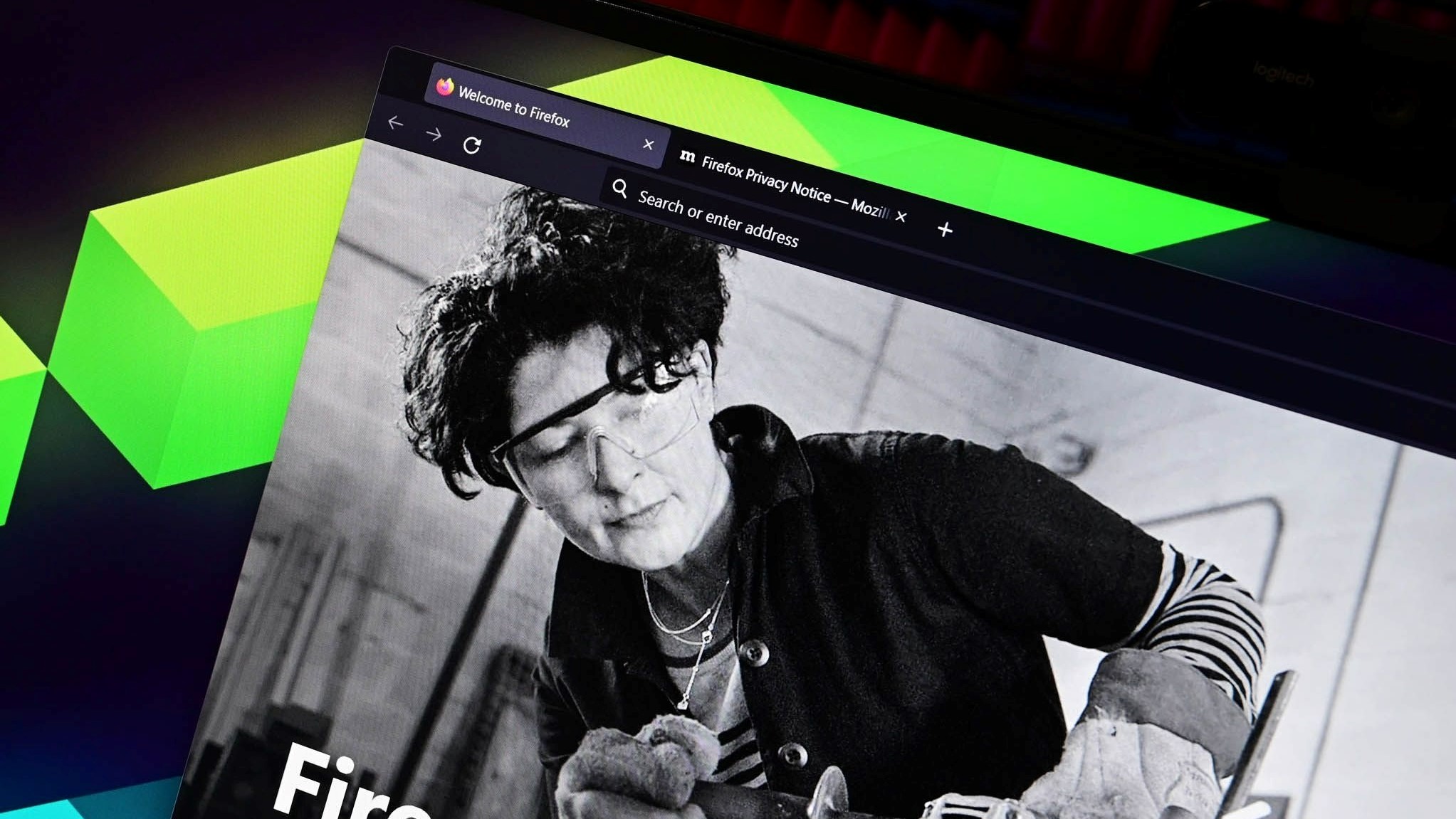Mozilla calls out Microsoft, Apple, and Google for consumers being 'deprived of choice' when it comes to browsers
New research by Mozilla argues that tech giants use their prominent positions to strong-arm people to use certain web browsers.

What you need to know
- Mozilla recently published research about how people use web browsers.
- A large portion of the report focuses on how large companies, such as Microsoft, Google, Amazon and Apple, make it difficult or impossible to switch default browsers on certain devices.
- Mozilla makes Firefox, a browser that competes with those made by Microsoft, Google, and Apple.
Mozilla, the maker of the Firefox browser, recently released a report that focuses on how people use web browsers. Mozilla focuses on several areas, including how educated people are on web browsers and how important browsers are for modern computing. The report also argues that tech giants use a variety of tactics to make it difficult or impossible to switch web browsers.
It should hardly come as a surprise that Microsoft, Apple, and other companies want people to use their respective browsers. Mozilla argues why it believes restricting users to specific browsers can be harmful. The company shares five examples of "harm from operating system self-preferencing:"
- Limited or frustrated choice - an operating system provider making it difficult or impossible for a consumer to switch browsers ultimately removes their ability to choose for themselves. It also hampers existing competitors and deters new products from entering the market and providing increased choice.
- Lower quality - where the monetary price for consumers is zero (as is the case for browsers) providers might be expected to compete on quality. But without effective competition from independent browsers, consumers may receive products which are lower quality.
- Lower innovation - linked to quality is innovation. Consumers miss out on developments (for example, improved features and functionality). And a reduced likelihood of disruptive innovation might be accompanied by reduced choice for consumers.
- Poor privacy - consumers can be left with a product which subjects them to compulsory data sharing, misuse of data or other privacy harms. These outcomes can be an indication of low quality caused by ineffective competition.
- Unfair contracts - without proper choice, consumers may be forced to enter into contracts which might be exploitative or unfair.
Mozilla argues that major platforms, such as Microsoft, Apple, Google, and Amazon, use their market dominance to push people to certain browsers. "Microsoft Windows users searching for Firefox face a barrage of nudges... to remain with Microsoft Edge in the start menu, in the App Store and even in Bing search." It adds that many voice assistant devices don't even provide options for alternative browsers.
Microsoft has been criticized heavily for forcing certain links to open in Edge, even when a different browser is set as default. Mozilla called out Microsoft in the past for how difficult it was to change the default browser on Windows.
The report warns of the risks Mozilla believes would be increased if the browser market runs out of competition:
"Why does this matter? Without Mozilla’s Gecko engine, there would be no competition to Google’s Blink engine, centralizing control of the web in the hands of a single company and creating a single point of failure for security and privacy."
Apple has its own engine, but it is only available on Apple products, so Mozilla focused on other platforms.
Get the Windows Central Newsletter
All the latest news, reviews, and guides for Windows and Xbox diehards.
Mozilla concludes the report by claiming that people would find "compelling substitutes" to default browsers if they were given a "meaningful opportunity" to seek them.
"These opportunities have been suppressed for years through online choice architecture and commercial practices that benefit platforms and are not in the best interest of consumers, developers or the open web."

Sean Endicott is a tech journalist at Windows Central, specializing in Windows, Microsoft software, AI, and PCs. He's covered major launches, from Windows 10 and 11 to the rise of AI tools like ChatGPT. Sean's journey began with the Lumia 740, leading to strong ties with app developers. Outside writing, he coaches American football, utilizing Microsoft services to manage his team. He studied broadcast journalism at Nottingham Trent University and is active on X @SeanEndicott_ and Threads @sean_endicott_.
